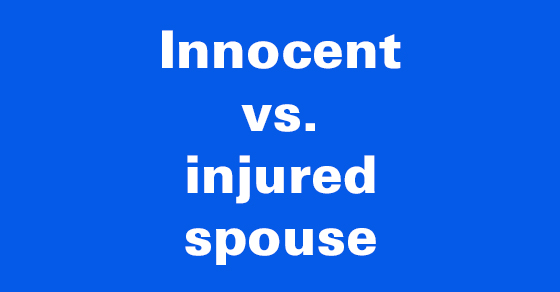Senate may keep some Affordable Care Act (ACA) taxes in its healthcare overhaul
Republican Senators are discussing the option of keeping some of the ACA taxes they long criticized, in the hopes of delaying more drastic funding cuts, particularly to Medicaid. No final decisions have been made, but Republicans are trying to draft an ACA replacement bill before Congress recesses June 30. One tax that could remain is the 3.8% net investment income tax on capital gains, dividends, and interest. Another proposal being floated is to keep all ACA taxes but scale them back.






